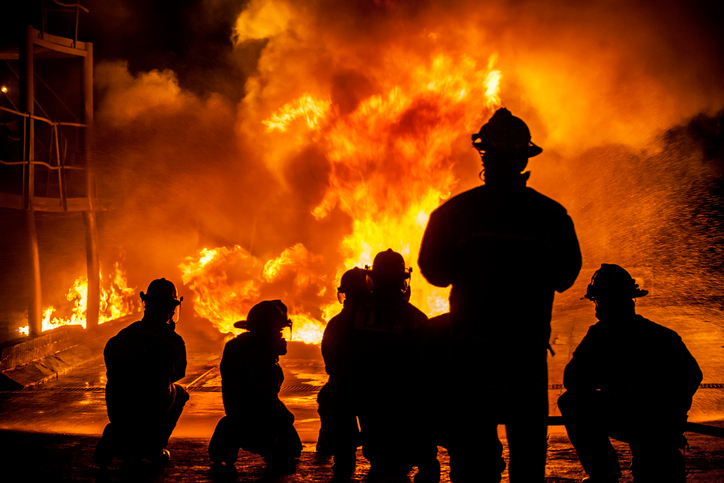Planned changes come into force for automatic fire alarm responses in Scotland

Authored by QBE
Unless a fire has been confirmed, the Scottish Fire and Rescue Service (SFRS) will not attend automatic fire alarm (AFA) call outs to commercial business and workplace premises
In a move that will bring SFRS in line with the recommendation adopted by many fire brigades in England and Wales, from 1 July firefighters in Scotland will only respond to an automatic fire alarm at a business premises if a call has also been placed to confirm a fire.
A confirmed call is:
A phone call from someone claiming to be able to see the fire or smokeA remote monitoring station receiving more than one activation alarm from different devices because multiple emergency devices have operatedOne fire alarm with confirmation via local CCTV checked remotely by the Keyholder/remote monitoring company
David Farries, SFRS Director of Service Delivery said: “Our crews attend more than 28,000 false alarms each year […] These types of incidents account for almost one-third of our activity across Scotland, and they are often caused by cooking fumes, dust, or a lack of maintenance.
“Responding to false alarms places a significant drain on front line services and causes lengthy interruptions to workplace and business premises […] By changing our response to these types of alarms, we can potentially free up 64,000 hours every year.”
Key guidance for businesses includes:
Ensuring that staff and occupants are made aware of how to respond safely to AFA activationsReviewing fire safety risk assessmentsUpdating action plansChecking detector types and where they are located and replacing outdated automatic fire detection systems with multi-sensing detectors.
Insured customers in Scotland should contact their remote alarm monitoring company and local Fire Officer to check if their call-out protocols will or have changed (from 1 July 2023).
If so, they should re-agree the callout and response protocols, so all parties are operating from the same emergency plan.





